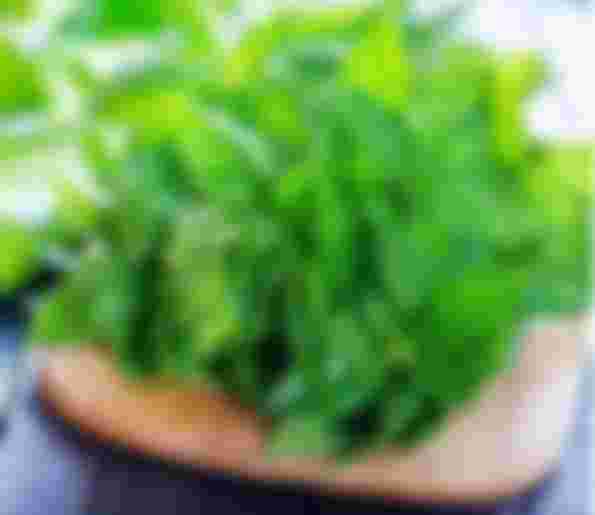Sunday 15 may 2022Basil leaves that have a fresh taste are often used as salad dressing or ingredients for other dishes. Not only does it offer pleasure, basil leaves also have many health benefits. So, what are the content and benefits of basil for health?

Nutrient content in basil leaves
The true basil plant is the result of a cross between the common basil (Ocimum basilicum) and the American basil (Ocimum americanum). Basil has a strong lime aroma, so some people also refer to it as lemon basil.
Indonesian people are very familiar with basil leaves. These leaves can often be directly used as fresh vegetables or used in various preparations, such as Pepes. Besides the taste is good, the aroma of basil leaves is also fresh. If you process it properly, basil leaves can be a delicious snack.
Benefits of basil leaves for health The natural antioxidant content in basil leaves can be used for various purposes.
Some of the health benefits of basil leaves that you should not miss include the following.
1. Help relieve stress
Of the various kinds of herbs used in traditional medicine, basil is one of the most widely recognized for its properties. Many studies have found that this leaf can help deal with physical, metabolic, and psychological stress with a combination of doctor-prescribed medications.
This leaf is known to help protect organs and tissues against chemical stress from exposure to industrial pollutants, heavy metals, excessive physical activity, to psychological stress. Basil is also known to help fight metabolic stress by controlling blood sugar, blood pressure, and lipid levels because it has antianxiety and antidepressant properties.
2. Fight free radicals
Free radicals are chemical compounds that are unstable and reactive. You can be exposed to free radicals from food, drugs, daily activities, to exposure to pollution. If free radicals are allowed to accumulate in the body, of course this will be a problem.
Chemical reactions carried out by free radicals in the body can damage cell membranes and tissues. This condition will increase the risk of various degenerative diseases, one of which is cancer.
The content of flavonoids in basil leaves, namely apigenin can be used as an anti-free radical. Using this leaf regularly is known to help reduce a person's risk of developing neoplasms (tumor formation and growth) and liver cancer.
However, further research is still needed to confirm the benefits of basil leaves as an antitumor and anticancer agent.
3. Prevent dengue fever
Along with dengue fever cases that are increasingly endemic, there is one way you can do to prevent the transmission of infection with the disease.
Research published in the Journal of Agromedicine and Medical Sciences shows that this leaf extract can be used as an insecticide in the preparation of mosquito coils to prevent the bite of the Aedes aegypti mosquito that causes dengue hemorrhagic fever.
The content of flavonoids, saponins, tannins, and essential oils in these leaves are known to be toxic to mosquitoes. Of course, the effectiveness of natural insecticides from basil leaf extract is still lower than that of manufactured insecticide products.
Even so, the potential of this basil leaf can be a consideration for you to repel insects naturally at home. This also requires further research to ensure the effectiveness of the content in it.
Those are some of the benefits that we can get from basil leaves for health, so don't hesitate to consume basil leaves while not excessive.
Lead image from unsplash.
